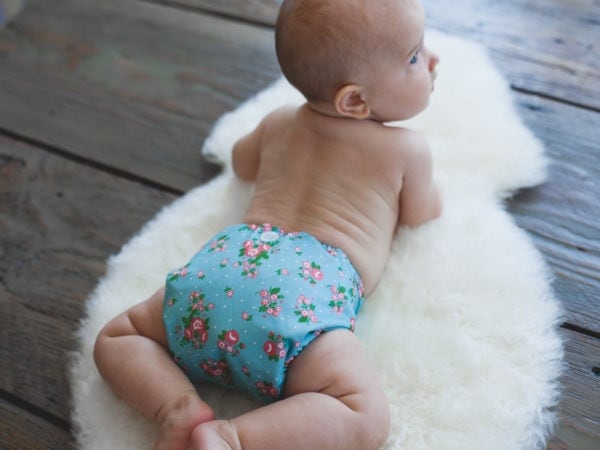A word from GDB
from diapers, to living well, we share with you our stories, resources, interest, and more about our adventure as the cloth diaper service in Chicago
Newborn Babies | The Basics

Newborns have 2 soft spots!
There are two soft spots on most newborns: one on the top of the head and the other on the back. These are intentionally soft so maneuvering through the birth canal was a bit easier. The head may therefore look a little deformed, but this will be changing with each day! The soft spots are actually places were the bones haven’t grown together yet. Though this might sound like something you shouldn’t touch and be very gentle around, they are actually stronger than you think. You may actually be able to even feel a pulse as blood vessels covering the brain are just below the soft spots!
Newborn bodies change quickly
- The umbilical cord will need to stay dry so it can fall off. It is normal to have a bit of blood once it falls off, but a scab will follow shortly after.
- Dry skin is very normal. Your baby has just entered into the arid air of the world after about nine months in liquid! Most of the dry skin will peel and flake off, but you can apply a fragrance-free lotion if you desire. Baby acne usually sets in after the first month and can last a few months. Do not treat this like you would an adult acne, their hormones will balance out. Washing skin and face with warm water daily is recommended, but remember newborns don’t get quite as dirty as quickly!
- Fingernails grow quickly! Keep these trimmed short so they are not scratching their face, or yours. Clipping these nails while they sleep with infant clippers is best. This could be twice a week!
Eyes can look crossed
Newborns are very nearsighted. They can only focus on things very close to them, and you will find their eyes wandering especially when exhausted. If consistently their eyes are in constant windshield-wiper motions or stuck in a cross-eyed position consult your doctor.
Newborns love to sleep!
Newborns can sleep 16-21 hours a day! It’s important to help get them into a daytime/nighttime clock by breaking up longer (3+hours) of straight sleep during the day and letting them sleep as long as they can in the night. (Of course be away of weight and eating schedules if needed).
Babies don’t move much; but those movements are key
Your baby won’t be moving much, but watching for legs and arms to move on both sides of the body equally is important. A few reflexes to look for would be:
- The nursing reflex: touching the cheek to see their mouth open
- Startling, when the baby jitters due to loud noises or uncertainties: arms flail outward and then back inward, usually with crying.
Hopefully you’ve found this list informative; aiding you in your journey as a new parents. Share with other new parents, and remember, you’re doing a great job already! Keep loving your bundle of joy and remember you are never alone in this journey!

